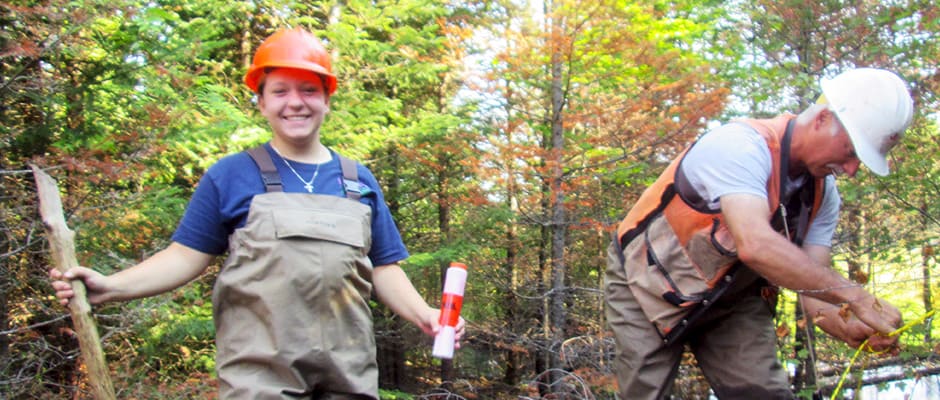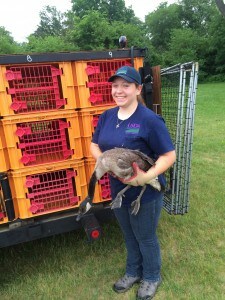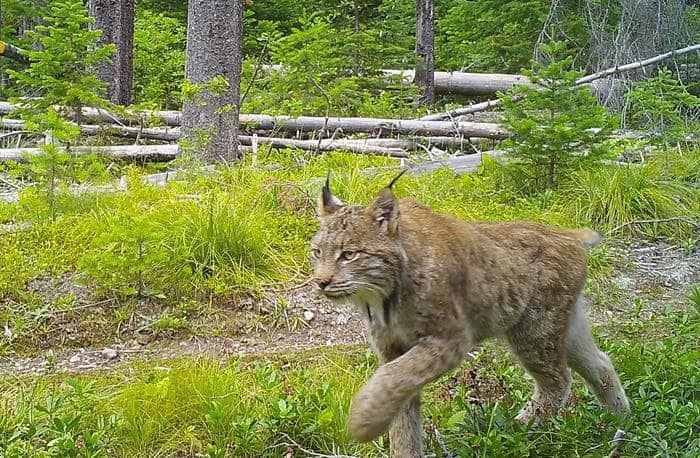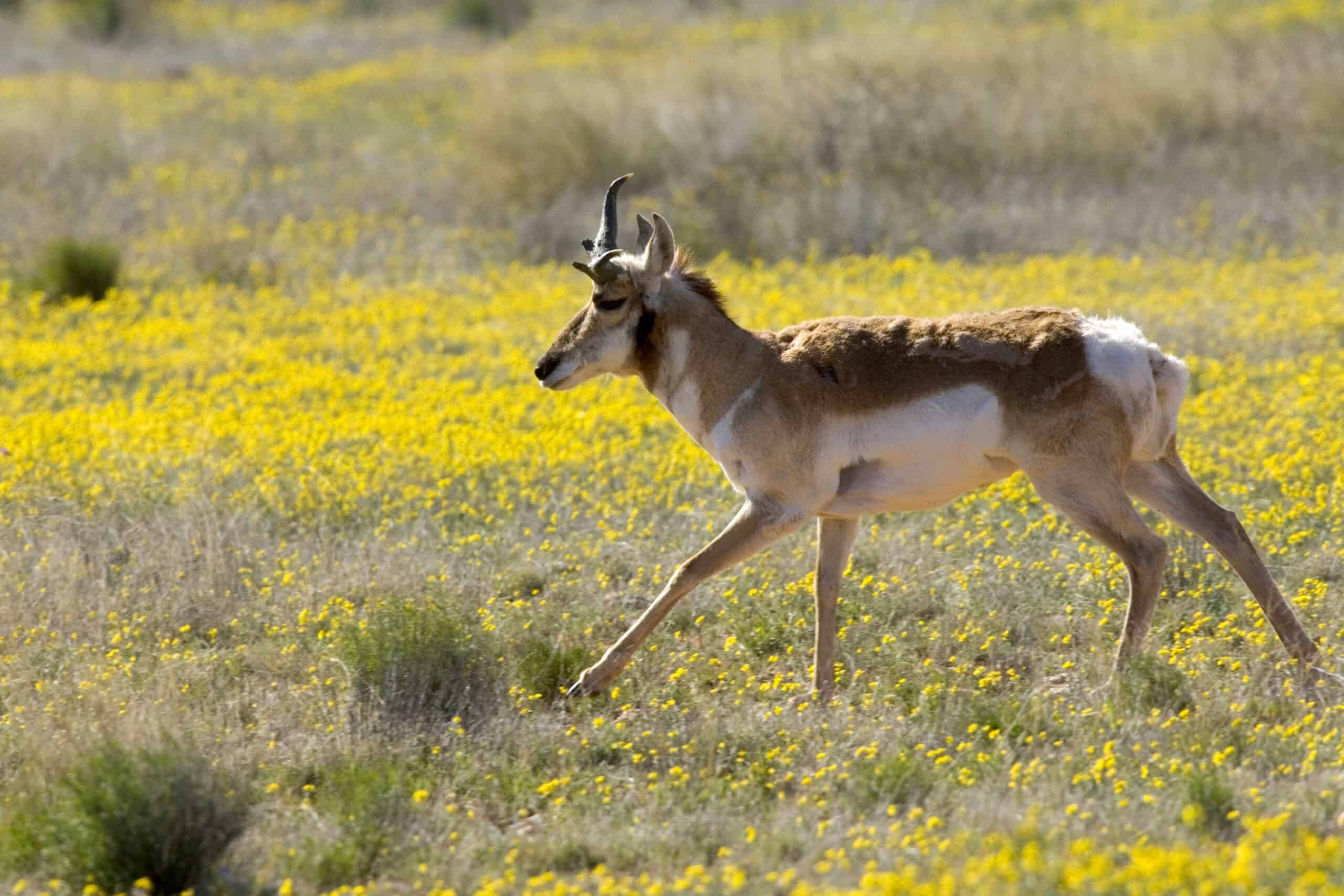Share this article
Partnering with Tribal Conservation Units to Mentor Interns
Wisconsin’s rich and vibrant network of Native American communities are committed to promoting the ecological sustainability of Wisconsin’s natural landscapes. To support that goal by developing the next generation of scientists and managers, their leaders participate in an internship program administered by the Wisconsin Tribal Conservation Advisory Council (WTCAC). This is a shining example of how individual Tribes can partner with USDA agencies to provide summer training and mentoring opportunities to Native American students. The first Tribal Conservation Advisory Council in the nation developed under the authority of the 1995 Farm Bill, WTCAC offers an internship program pairing eligible college students with a participating USDA agency mentor. Wildlife Services in Wisconsin (WS) has hosted four tribal interns since 2011. The program exposes interns to all aspects of the agency, both administrative and field work. The intern also must develop a special research project, which requires networking with a Wisconsin Tribe and presenting the results to the WTCAC Board of Directors.
In 2015 Ashley Archer, a Michigan State University (MSU) wildlife major and enrolled member of the Sault Ste. Marie Tribe of Chippewa Indians, working out of the WS Rhinelander District in north-central Wisconsin, participated in a wide variety of activities. On the service side, she frequently spent time with wildlife specialists in the field, learning about the tools, methods and strategies WS uses to address human-wildlife conflicts, including work with deer, Canada geese, bear and beaver. She also helped implement non-lethal wolf depredation management tools, primarily fladry. She spent time with a former WS/WTCAC intern on a wild rice research project and with a U.S. Forest Service Tribal intern, funded by a TWS grant. She also was exposed to complex public policy related issues by attending state and Tribal meetings, including the Voigt Inter-Tribal Task Force, which develops and recommends policy related to natural resource management on ceded territory for member Chippewa Tribes; a public hearing on the state’s new beaver management plan; and a wild rice management committee meeting. The internship demonstrates the important government-to-government relationship between Tribes and federal agencies.
The internship is a two-way street, however, so WS staff learned about Ashley’s tribe and her perspective on natural resources management, which enables WS to understand and respect Tribal perspectives and culture at a personal level. While attending a joint Great Lakes Indian Fish and Wildlife Commission (GLIFWC) – Wisconsin Department of Natural Resources (WDNR) wild rice committee meeting, Ashley recognized the need for an evaluation of the comparative rice abundance between lakes managed or unmanaged for beaver, which became her special internship project and complemented a significant portion of her WS field work. Although working with a small sample size of three-paired lakes, she found that managed lakes have a higher abundance of wild rice than unmanaged lakes.
Wherever Ashley pursues a career following graduation, WS believes she will do so with the skills, insight, and understanding gained during her summer WTCAC internship.
Robert Willging, a member of The Wildlife Society – Wisconsin Chapter, has supervised all four WTCAC interns for Wildlife Services-Wisconsin.
Wildlife Services is a Strategic Partner of TWS.
Header Image: Image Credit: USDA









